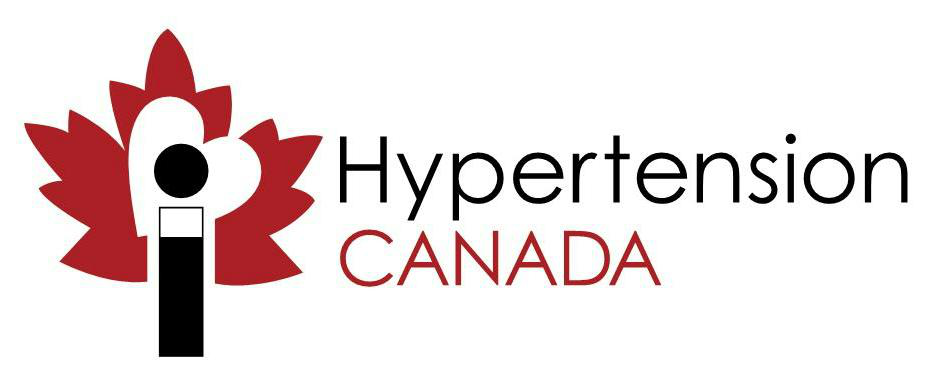Assessment of overall cardiovascular risk in hypertensive patients
- Global cardiovascular risk should be assessed. Multifacto-rial risk assessment models can be used to:
- Predict more accurately an individual’s global cardio-vascular risk (Grade A);
- Help engage individuals in conversations about health behaviour change to lower BP (Grade D); and,
- Use antihypertensive therapy more efficiently (Grade D).
- In the absence of Canadian data to determine the accuracy of risk calculations, avoid using absolute levels of risk to support treatment decisions (Grade C).
- Consider informing patients of their global risk to improve the effectiveness of risk factor modification (Grade B). Consider also using analogies that describe comparative risk, such as “cardiovascular age,” “vascular age,” or “heart age” to inform patients of their risk status (Grade B).
Cardiovascular Health Promotion
Key Messages
- Health behaviour change plays an important role in hypertension prevention and BP-lowering in people diagnosed with hypertension
- Health behaviour change is strongly recom-mended as a first-line intervention to lower BP in people with hypertension
- Optimization of lipid levels with the use of statins in higher-risk patients is recommended
- The use of acetylsalicylic acid (ASA) for primary prevention of cardiovascular disease is no longer recommended in people with hypertension


